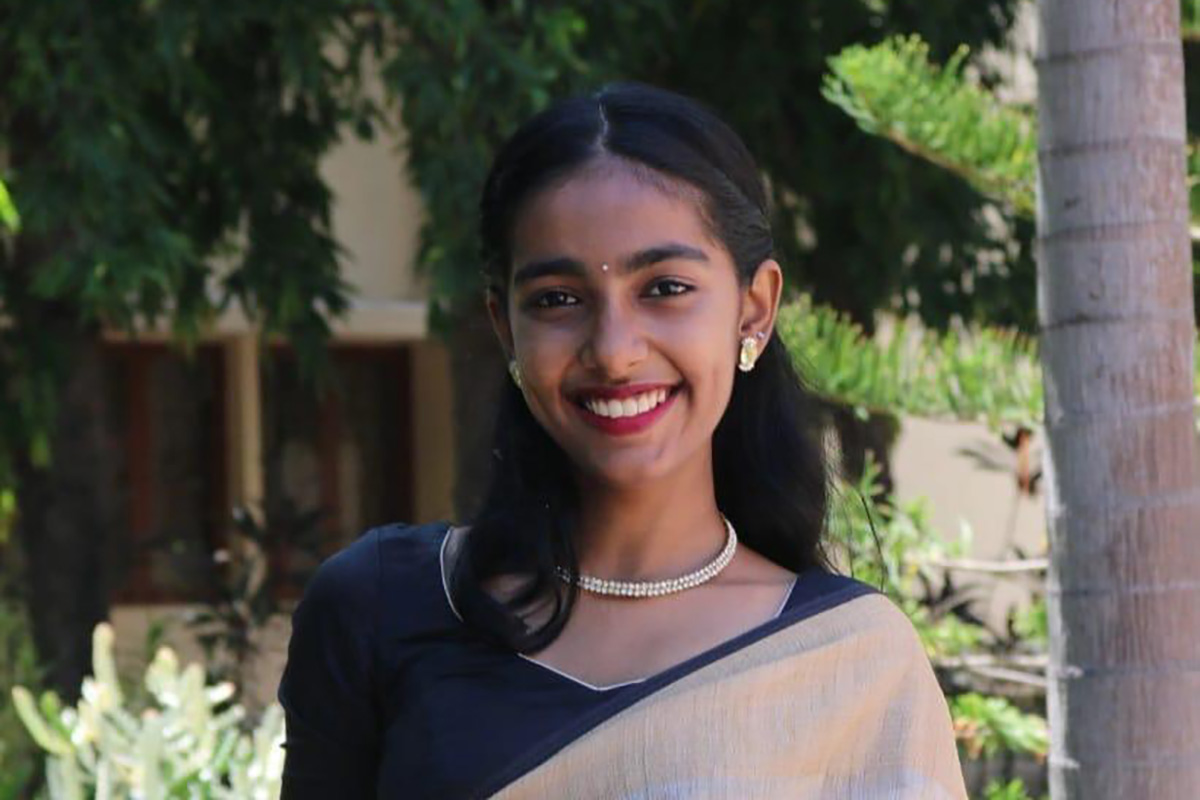World Malaria Day 2024: Reflections and Call for Equitable Action
April 23by Archibong Bassey
Like many children living in Nigeria – a malaria endemic country, I battled Malaria while growing up. Despite my mother’s tireless efforts with limited resources, the disease always struck, leaving her burdened with guilt as she nursed me to recovery.
In Nigeria, at that time, only 2 per cent of households reported ownership of Insecticide Treated Nets (ITNs) (Nigeria Demographic and Health Surveys, 2003). Environmental factors such as clogged gutters and bad roads left stagnant waters that fueled mosquito breeding. This is in addition to financial constraints to afford malaria treatments in a healthcare system that is heavily reliant on out-of-pocket expenses. Hence, my mother, like many other mothers living in a suburban community, did her best with the limited resources available, by getting ITNs for home use, ensuring our active participation in the bi-weekly community environmental sanitation and buying malaria medicines even amidst the strained financial situation at the time, to help with my recovery.
My recovery was always by a stroke of luck, unlike countless children who succumbed to malaria’s tight grip. Besides children, pregnant women, migrants, refugees and internally displaced people have died from malaria and malaria-related causes. As a critical public health issue present in tropical regions of the world, it is also a leading cause of disability and a high disease burden, with over 249 million cases and an attributed 608 000 deaths in 85 countries reported in 2022.
In recognition of the global fight against malaria, the World Health Organization (WHO) has instituted the World Malaria Day earmarked for 25 April every year. This year, the theme for the 2024 World Malaria Day is “Accelerating the fight against malaria for a more equitable world”. This theme serves as a powerful wake up call to countries where malaria continues to disproportionately affect populations at risk, resulting in a ‘vicious cycle of inequity’.
Around the world, women, and more so, pregnant women have been bearing the brunt of the disease while experiencing numerous challenges that hinder their access to health services for Malaria prevention, early diagnosis and treatment. These challenges as highlighted by WHO include gender barriers such as lack of decision-making power for their health, as well as education and financial barriers that exacerbate their risk of malaria. Men and boys are also susceptible to malaria morbidity and mortality, as societal norms of masculinity may hinder seeking healthcare services. High-risk occupations like fishing, agriculture, mining can also increase their risk of malaria infection.
In the fight against malaria for a more equitable world, we must resound and celebrate the efforts of women; from local efforts, like my mother and many women in malaria endemic countries, to global women leaders leading the charge to end malaria. One such woman leading the charge is the WHO Regional Director for Africa, Dr. Matshidiso Moeti, and this is an excerpt from her message at World Malaria Day in 2023:
…We are greatly concerned that malaria deaths remain unacceptably high, and cases have continued to increase since 2015. The WHO African Region alone accounted, in 2021, for an estimated 234 million malaria cases and 593 000 deaths, thus bearing the heaviest burden of over 95% of cases and 96% of deaths globally. Our Region, therefore, continues to be hardest hit by this deadly disease partly because too many people do not have access to preventive and curative interventions. Nearly 30% of the population in most African countries cannot access essential health services, and most people face unacceptably high expenditures on healthcare. Significant inequities affect the most vulnerable, young children and women, whereas about 80% of malaria cases and deaths occur in children under five. To reverse these trends and accelerate progress, we must rethink and revitalize our strategies by investing, innovating and implementing smartly.
WHO Regional Director for Africa, Dr. Matshidiso Moeti
Despite the challenges, there is a renewed hope for the eradication of Malaria worldwide. The advent of the first WHO approved vaccine, “RTS,S/AS01 vaccine (Mosquirix™)” in 2021, has signaled a turning point in the long fight against malaria, as prevention is a better strategy in this fight than late treatment. In March 2024, ahead of the WMD 2024, 11 Ministers of Health of High Burden High Impact (HBHI) countries in Africa recently made a notable commitment – the Yaoundé Declaration– that represents a crucial step forward in this long fight. This declaration affirms that “despite the prevailing high case incidence, no one shall die from malaria in our countries, and we stand united in our resolve to prevent every malaria-related death.”
In reflection of my personal experience and the broader impacts of Malaria in communities globally, it is evident that tackling this disease requires a multifaceted approach rooted in equity and sustainability. While the road ahead may seem challenging, with sustained political commitment, innovative interventions, and collective action at the root of the global response, it is possible to accelerate the progress towards the eradication of malaria in Africa and around the globe.






